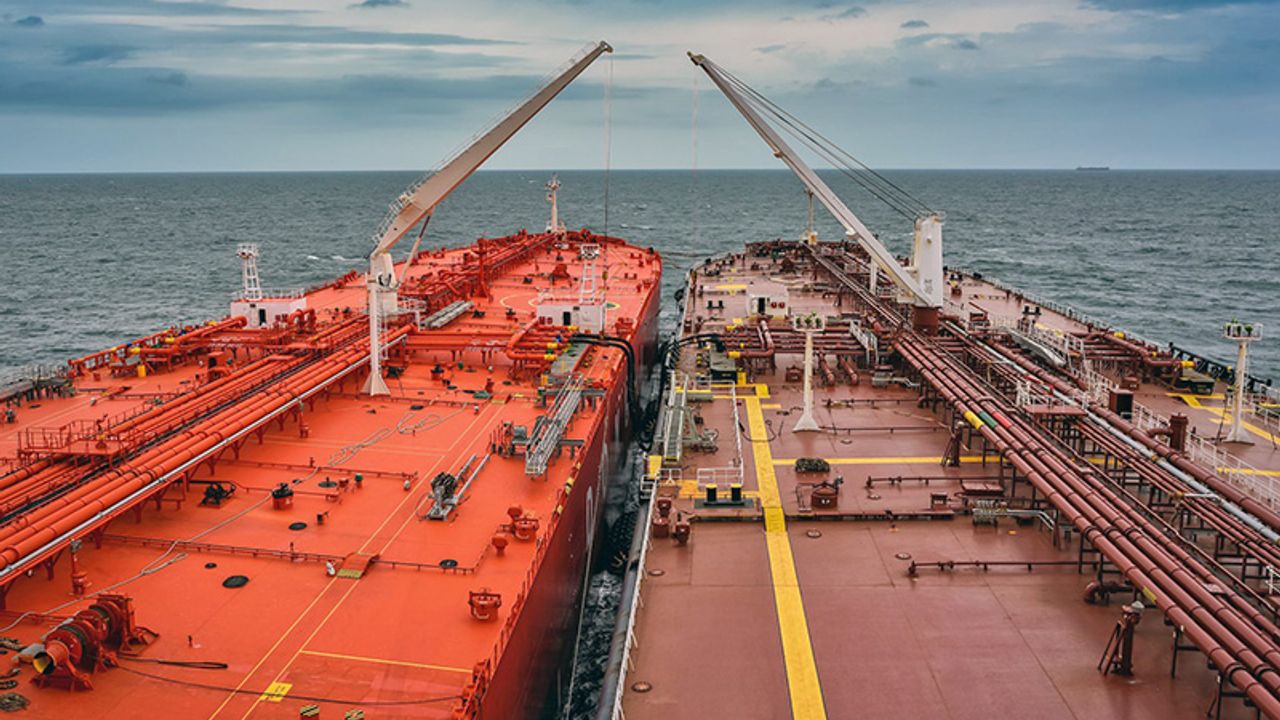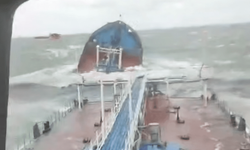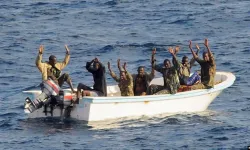According to an announcement from the navy, the exercises will continue until May 19 in the Laconian Gulf, a region known in the oil market for these transfers. Originally set to end on May 9, the drills are now extended.
Sources familiar with the situation reveal that these exercises are meant to discourage ship-to-ship transfers. When Greece initially announced the drills last week, tankers swiftly cleared the area, congregating to the south instead.
The Laconian Gulf, shielded by hills, has become a crucial spot for the secretive exchange of Russian cargoes bound for Asia.
Despite the transfers occurring outside Greek territorial waters, Athens previously lacked the authority to prevent them. The shift to a more assertive stance by Greece remains unclear.
These transfers raise concerns about potential environmental disasters in a scenic European coastal area.
Denmark, situated along a trade route for Russian oil from the Baltic Sea, conducted similar naval activities about a month ago.
In September last year, Bloomberg News observed about a dozen tankers involved in cargo swapping in the Laconian Gulf. Some of these vessels were part of an obscure fleet of aging tankers with uncertain ownership and insurance status, raising questions about liability in case of accidents during transfers.






